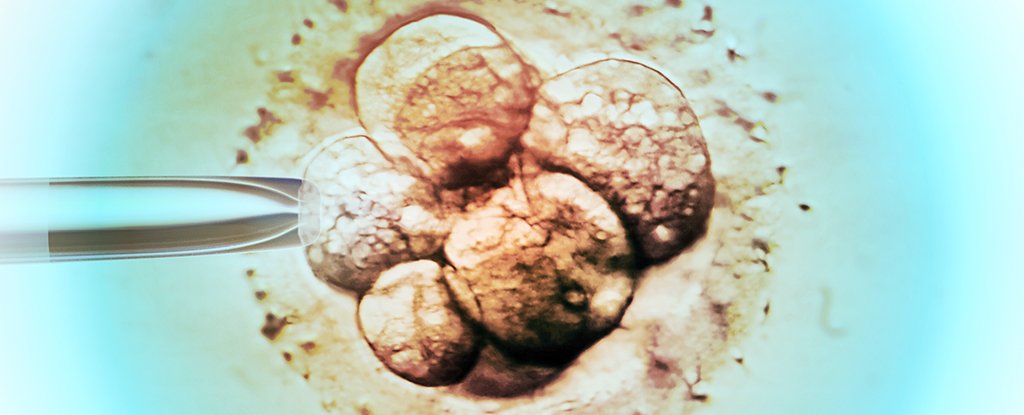At a world premiere, a woman who was spayed by cancer treatment gave birth after one of her
immature eggs was matured, frozen and then, five years later, thawed and fertilized,
researchers in France reported.

A study published in the Annals of Oncology magazine published on Wednesday describes how
the baby of a 34-year-old French woman who had been treated with breast cancer chemotherapy
was born.
Before the start of treatment, doctors removed seven immature ovules from the ovaries and
used a technique called in vitro maturation (IVM) to allow the ovules to develop further in
the laboratory.
To date, there have been no successful pregnancies in patients with MIV cancer and egg
freezing.However, some babies were born as a result of IVM immediately followed by
fertilization and transfer to the patient.
Michael Grynberg, head of the Department of Reproductive Medicine and Fertility Conservation
at the Antoine Beclere University Hospital, near Paris, said he learned of the 29-year-old
patient's case.
"I offered him the opportunity to freeze the ovules after IVM and also to freeze the ovarian
tissue," he said.
The patient rejected the second option because it was too invasive only a few days after
the cancer diagnosis.
The so-called ovarian tissue cryopreservation is an experimental method in which the outer
layer of an ovary, which contains immature ovules, is removed from the body and frozen for
future use.
In the case of the French patient, the ultrasound revealed that there were 17 small bags
filled with fluid containing immature ovules in her ovaries.
But the use of hormones to stimulate the ovaries to mature the ovules would have taken too
long and could have made their cancer worse, leaving immature ovum recovery and freezing as
the best option.







No comments:
Post a Comment